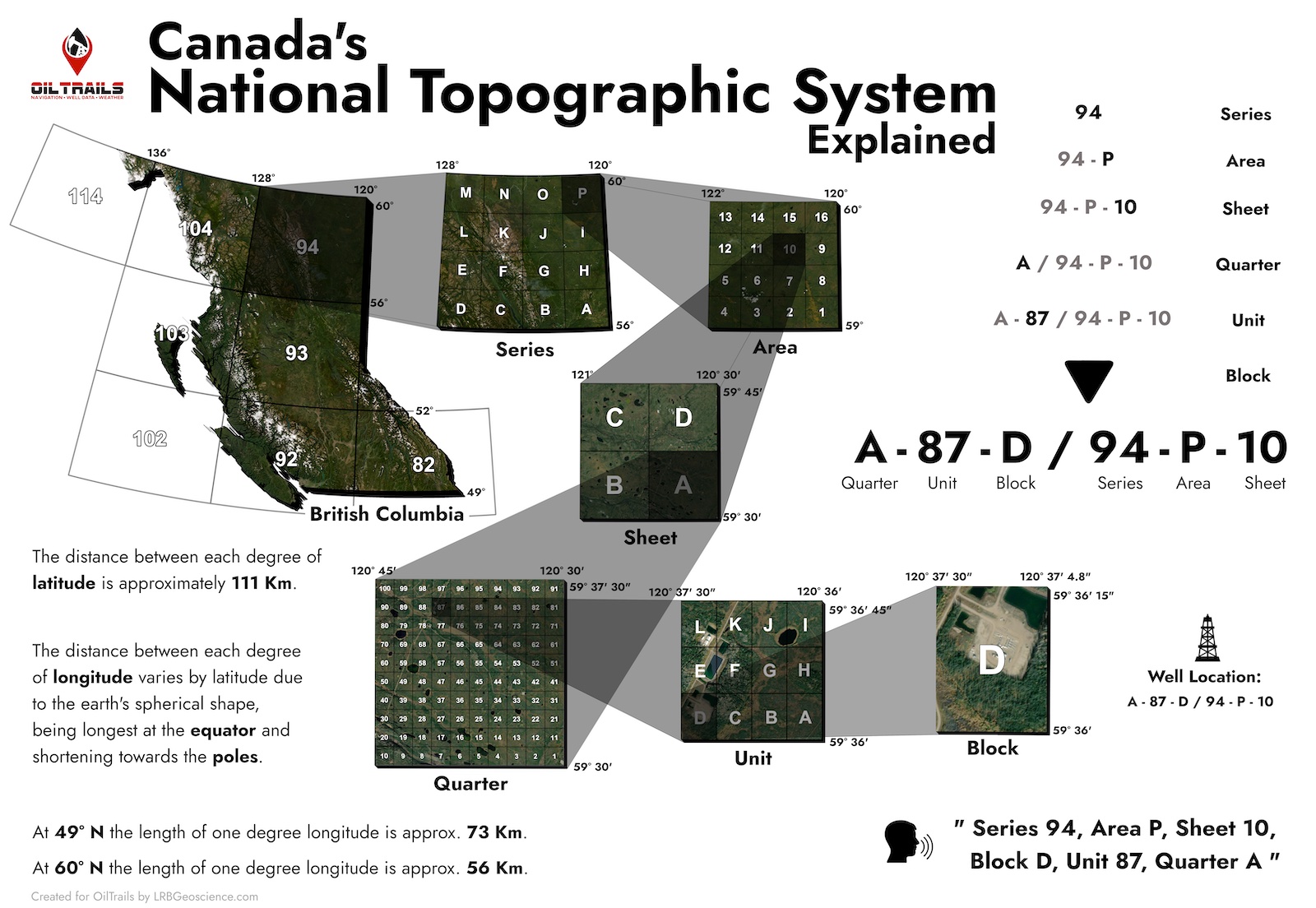Ntr & Nts: Decoding Betrayal In Anime & Beyond | Explained
Is it possible that seemingly simple acronyms like "NTR" and "NTS" can actually unlock deeper insights into the complexities of human relationships and even influence various professional fields? The answer is a resounding yes understanding these terms, particularly within the contexts of media and broader societal interactions, can illuminate the dynamics of betrayal, emotional responses, and the nuances of communication.
The realms of manga and anime often explore intricate themes of human connection and the darker sides of relationships. Within these creative spaces, concepts like "netori" and "netorare" emerge as critical narrative devices, delving into the specifics of infidelity and the emotional fallout of broken trust. "Netori" describes the scenario where a character actively seduces and "steals" another person's partner. In contrast, "netorare" showcases the protagonist's experience of losing their partner to another individual. These terms, frequently encountered in specific genres, act as shorthand for complex emotional arcs that resonate deeply with audiences.
| Term | Definition | Context | Emotional Impact |
|---|---|---|---|
| Netori | The act of seducing someone else's partner. | Manga, Anime, Fanfiction | Focus on the seducer's actions and motivations. |
| Netorare (NTR) | The protagonist's experience of losing their partner to another. | Manga, Anime, Fanfiction | Jealousy, heartbreak, anguish, betrayal. |
| NTS | "Not That Serious" | Casual conversations, relationships | Lighthearted, often used to downplay the seriousness of a situation. |
The term "netorare," frequently shortened to "NTR," is more than just a descriptor; it's a genre label within anime and manga. It typically revolves around the act of cheating, often with sexual components. This can involve a partner's voluntary infidelity or instances where the partner is coerced into the situation. The core of the story frequently pivots on the emotional turmoil experienced by the betrayed individual.
- Find Jamelizzz Linktree Onlyfans More Your Guide
- Charles Mesures Relationship Status Is He Married 20242025
While "netorare" (NTR) deals with themes of infidelity, it's essential to differentiate it from concepts like simple "cheating." NTR is not just about the act of betrayal; it's about the specific narrative framework and emotional responses it triggers. The genre often delves deep into the psychological impacts of betrayal, eliciting a wide range of emotions like jealousy, heartbreak, and anger. These strong emotions are critical to the genre's appeal and its controversial status within broader audiences. The nuances differentiating NTR narratives from the general concept of "cheating" are key in how this genre is understood.
The term "NTS" (Not That Serious) is typically utilized in more casual situations, especially when discussing relationships and friendships. It's a way of downplaying the intensity of a situation or emotion. It's about communicating the relative lack of seriousness.
The critical distinction between NTR and NTS lies in their respective scopes. NTR, as a genre, examines intricate emotional connections and often includes depictions of betrayal and complex interpersonal dynamics. NTR focuses on the emotional weight, while NTS, is often about the relative lack of seriousness in a scenario.
- Miu Shiramine The Rising Star In Japanese Av Get To Know Her
- Dua Lipa Deepfake Porn Best Quality Compilation
The genre is frequently seen by many as controversial. The emotional weight, coupled with potentially disturbing content, is often enough to deter people. Additionally, the genre is, at times, used as a form of expressing lust, the emotional drive can be complicated to explore.
The emotional response is a significant driver. For some, the exploration of themes related to betrayal, anguish, and the violation of trust can be compelling. Others find it deeply uncomfortable. It's a genre that provokes extremes of both emotions.
As the Japanese word suggests, NTR can be a complex term. Understanding NTR requires acknowledging the specific context within which the term is used, whether as a subgenre of anime and manga or as a descriptor of experiences related to betrayal and infidelity. The various meanings of the term showcase how language can be used to create new ways of understanding, and in some cases, to describe experiences related to infidelity.
The Japanese terms "netori," "netorare," and "netorase" are frequently used in manga and anime to describe scenarios related to infidelity. The differences, while subtle to those who are not familiar with the genre, are significant. "Netori" focuses on the perspective of the seducer, while "netorare" puts the emphasis on the betrayed partner's experience. "Netorase" represents the act of causing or enabling the betrayal.
The visual and narrative styles of NTR artworks are also very varied. Some might explore the psychological dimensions, while others focus on the more graphic elements of the scenario.
The idea that people enjoy the genre solely for sadistic/masochistic emotions is an oversimplification. Other elements, such as the narrative craft of the stories and even the artwork, can play a significant role.
NTS stands for "Not That Serious" in the context of casual conversation. NTR is a genre that can provoke a strong emotional response, while NTS refers to a lighthearted approach in a discussion.
In some instances, the term NTR is used in the context of sexual assault. This underscores the need for careful discussion of the subject.
NTR is a genre of anime and manga, that usually introduces a character in the context of an existing relationship. The focus is the emotional turmoil the character experiences. The theme of betrayal and the subsequent emotional reactions become the main focus of the story. The genre elicits strong opinions in its audience.
The phrase "cuckold" as well as the abbreviation NTR are used to describe a form of "hentai" that involves themes related to infidelity. The central aspect is to provoke feelings of jealousy in the audience through proxy.
The concept of "NTS" (Not That Serious) is often used in everyday conversation to tone down the intensity of a situation or relationship. Understanding the nuances of both terms is important for a comprehensive understanding of these genres.
The difference is significant. The "NTR" genre focuses on the emotional and narrative elements of betrayal, while "NTS" is used to downplay a specific situation.
In contrast to chemical rockets, the efficiency of the nuclear thermal rocket (NTR) is potentially much higher, which is a huge advantage.
The term NTR is also used in the field of biology to denote neurotrophic receptors. Specifically, NTRs (neurotrophic receptors) are signal receptors (trka, trkb, trkc, and p75 NTR). These receptors play essential roles in the functioning of the nervous system.
In Japanese, "Netorare" is written with the kanji: (ne) (jealousy) and (torare) (being robbed of something). The literal meaning highlights a core theme of the genre, the feeling of having something, such as a relationship or love, "stolen".
The acronyms might seem simple on the surface, but they carry a lot of weight in various industries and fields, including the media industries, aviation, or even in project management. Understanding them can be of great importance.



Detail Author:
- Name : Cecilia Pouros
- Username : bode.emmy
- Email : vjacobi@romaguera.com
- Birthdate : 1987-03-08
- Address : 6316 Victor Ferry Suite 999 South Dusty, OR 48130
- Phone : 520-750-0110
- Company : Little-Murray
- Job : Lay-Out Worker
- Bio : Omnis voluptatem cumque est quos optio ducimus odio. Sed libero molestiae incidunt corporis consequatur cum. Velit non ut aspernatur cupiditate fuga rem. Et ab quis est nisi rerum officia.
Socials
linkedin:
- url : https://linkedin.com/in/nicholaus.eichmann
- username : nicholaus.eichmann
- bio : Doloribus perferendis fugit est et.
- followers : 4379
- following : 1707
tiktok:
- url : https://tiktok.com/@nicholaus_xx
- username : nicholaus_xx
- bio : Voluptatem tempore qui consectetur eius eos.
- followers : 1897
- following : 2365
instagram:
- url : https://instagram.com/nicholaus_eichmann
- username : nicholaus_eichmann
- bio : Dolore explicabo ea ipsam quo neque eius at. Ut aut praesentium quis nulla accusantium sit atque.
- followers : 2455
- following : 1447
facebook:
- url : https://facebook.com/nicholaus_real
- username : nicholaus_real
- bio : Non nihil quo non rem quis. Culpa et a perferendis.
- followers : 1775
- following : 2429
twitter:
- url : https://twitter.com/nicholaus4521
- username : nicholaus4521
- bio : Aspernatur ea ea vel aut ex harum. Optio ratione maxime soluta maxime et facere. Quasi voluptates aut et sunt.
- followers : 5921
- following : 2933